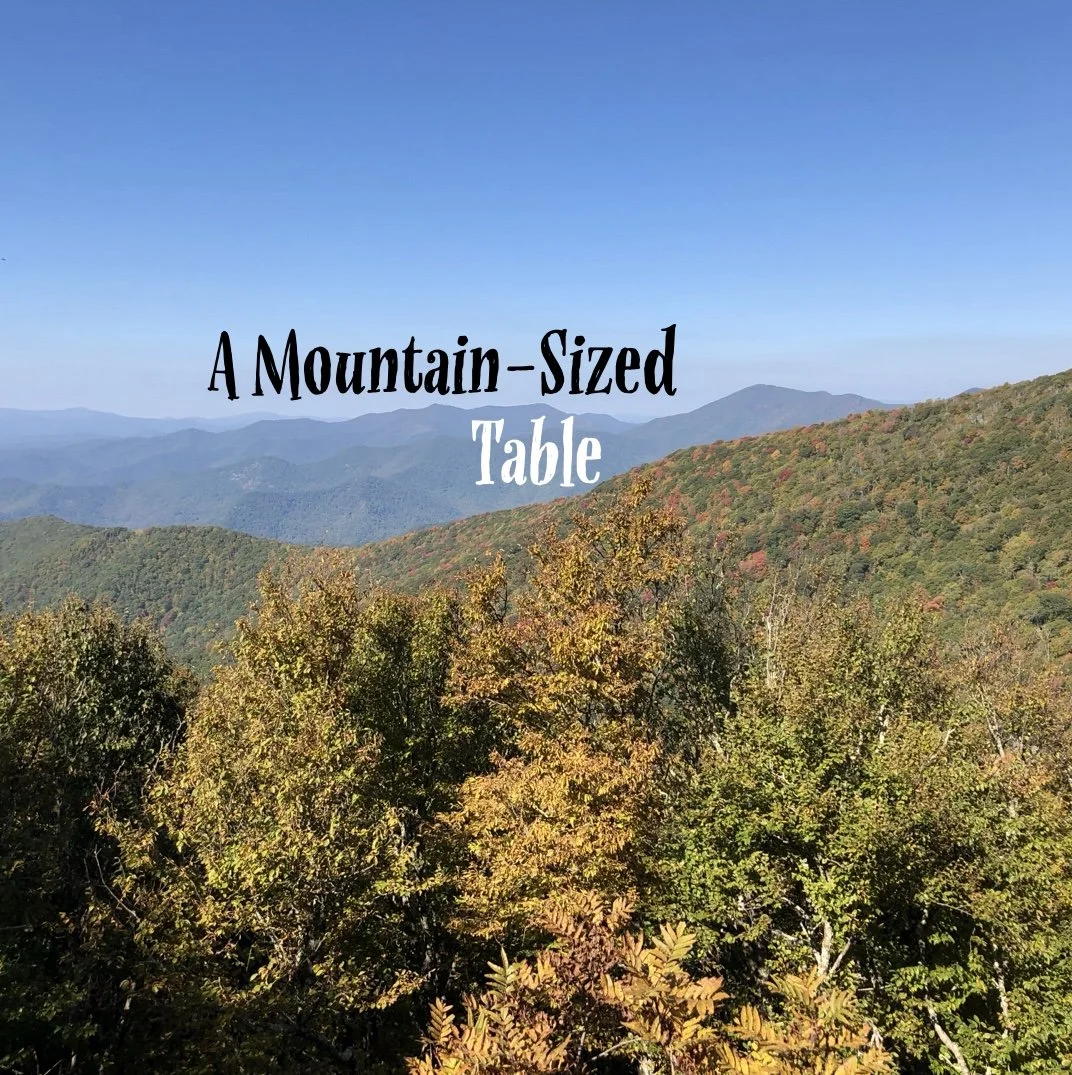“If any wish to come after me, let them deny themselves and take up their cross and follow me. For those who want to save their life will lose it, and those who lose their life for my sake, and for the sake of the gospel, will save it. For what will it profit them to gain the whole world and forfeit their life?” - Mark 8:34b-36
This verse is one that is baked into my spiritual journey. If we are to truly follow Jesus then we must take up our crosses. We must be willing to lose our lives. I cannot tell you how many Sunday morning and youth group sermons I have heard about that topic. It was a verse that we remembered and printed on t-shirts. It was our calling.
And I’m not sure if any of us did it.
I am not second guessing the sincerity behind any of the people who have quoted that verse in earnestness (including yours truly), but those stakes do not really present themselves to a white, middle-class American kids. As much as martyrdom was a hot topic for late 90s evangelicals—I owned and regularly perused a copy of Jesus Freaks: Stories of Those Who Stood for Jesus myself—it wasn’t really on the table in South Carolina.












